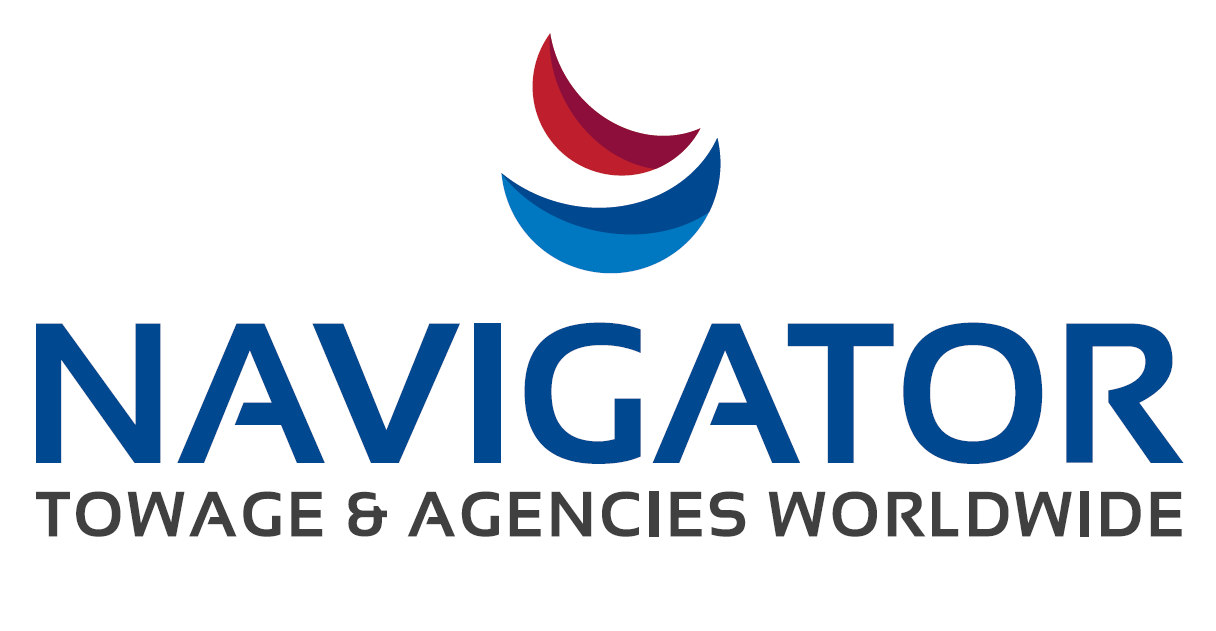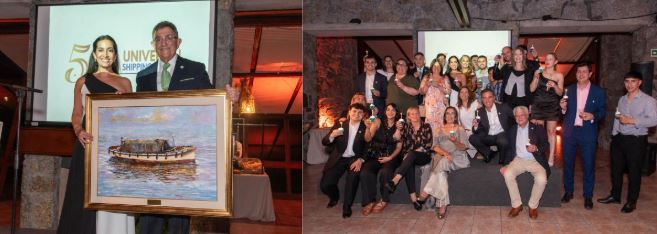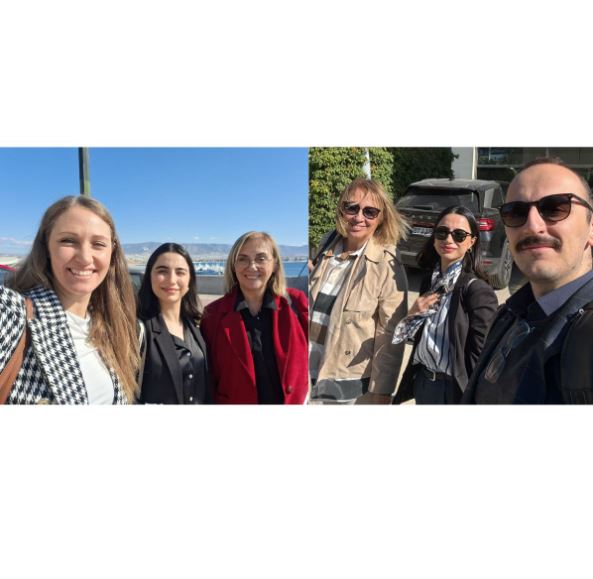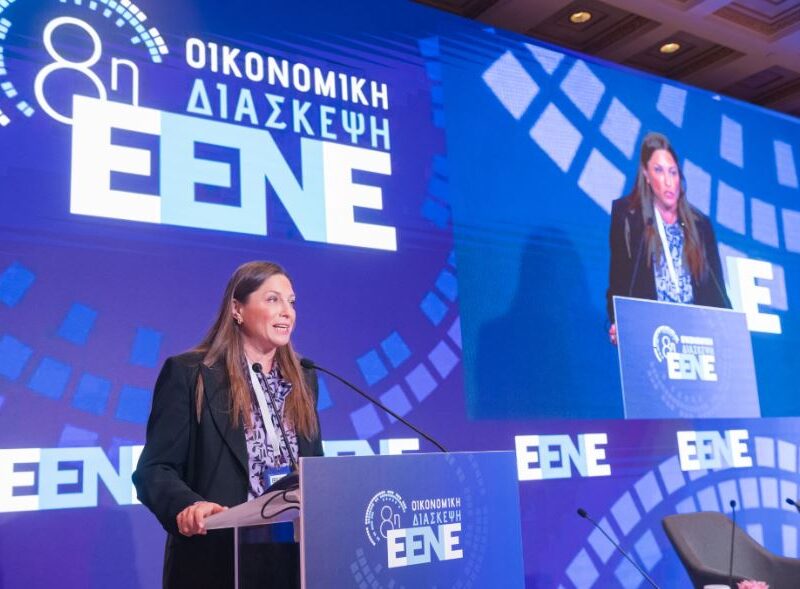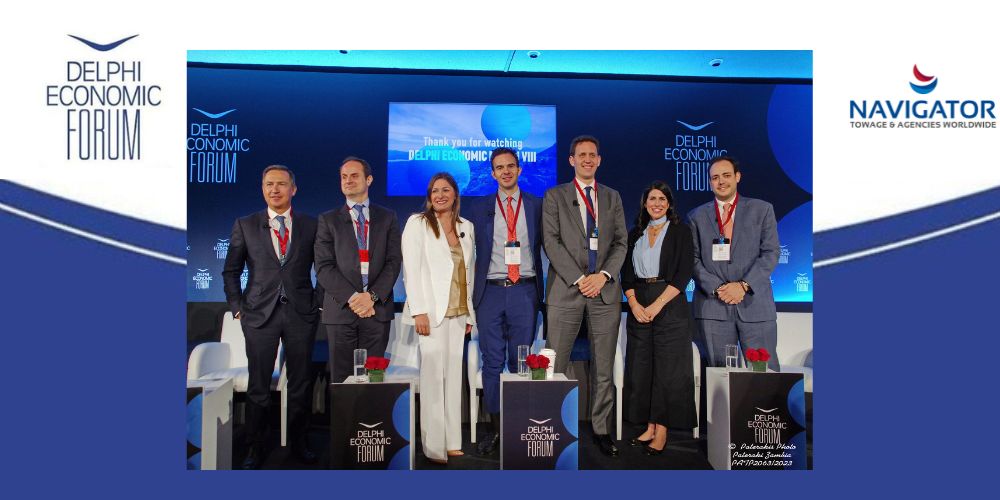
DELPHI ECONOMIC FORUM 2023
Danae Bezantakou successfully moderated and executed the innovative panels of discussion “Maritime Diplomacy: The Greek View” and “Navigating Challenges in the World of Shipping”, which occurred in the emblematic town of Delphi on 27th of April 2023.
During the “Maritime Diplomacy: The Greek View” panel with Georgios Koumoutsakos, Former Alternate Minister, MP, Hellenic Parliament, Greece, a “Department of Maritime Studies” at the “Academy of Athens” was proposed, along with an annual meeting with the Ministry of Foreign Affairs and shipping representatives to make the world familiar with foreign policy issues.
Subsequently, CEO’s and members of shipping companies discussed the positive effects of the “green” transition in Greek shipping, as well as the obstacles they have to overcome to consolidate it.
The vigorous panel consisted of Alex Hadjipateras, Managing Director, Dorian LPG , Gerassimos Kalogiratos, CEO, Capital Product Partners L.P, Greece, Giorgis Karaouzas, Managing Director, Seaspire Maritime, Kalli Livanos, Chief Commercial Officer, Kyla Shipping, Stamatis Tsantanis, CEO, Seanergy Maritime Holdings, and Constantine Nanopoulos, Deputy Chief Financial Officer, StarBulk.
Greece is a major shipping power internationally, one of the key activities of global trade, said Danae Bezantakou, CEO of Navigator Shipping Consultants, Greece in the panel she moderated, in the context of the 8th Delphi Economic Forum, which took place in Delphi from April 26th to April 29th and is under the auspices of the Hellenic Republic, President of which is Ms. Katerina Sakellaropoulou.
Jerry Kalogiratos, CEO of Capital Product Partners L.P., Greece, noted in his presentation that new technologies require the use of a completely different set of tools. “There may be a short-term loss of jobs for skills that are becoming obsolete, but in the long term it is an opportunity to train the workforce in new skills. The new age of technology can be an opportunity for more inclusion, as long as protection and safety measures are always taken,” he said.
Stamatis Tsantanis, CEO of Seanergy Maritime Holdings, Greece, said that our country is now entering a new era in the shipping industry, where it is no longer necessary for someone to come from a traditional shipping family. He also stressed that: “We are now seeing companies with modern corporate practices enjoying comparative advantage. What is needed is to have more cooperation in the industry, to find better ways to become competitive, following a practice that is not based on ‘hiding secrets’ from one’s competitors, as was done in the past.”
George Karaouzas, Managing Director of SeaSpire Maritime, Greece is an example of what Mr. Tsantanis discussed. He is the head of a start-up shipping company with a history of only 9 years. “The fact that we are from Greece has helped us a lot. Our country has a very good reputation and tradition internationally,” he said. Reviewing the company’s progress since 2014, when his company started its operations, he said that the first important step was to find the courage and the ideal time to venture into shipping and then to have patience to build a good track record and gain the trust of the market and financial institutions.
Kally Livanos, Chief Commercial Officer of Kyla Shipping, Greece, spoke about the importance of human resources in her company. She specifically mentioned that technology helps in communication, remote working in the office part of the work done in the office and in increasing productivity, but the important decisions in case of piracy or problems are made by the human resources and especially by the people on board the ships. “Shipping handles 90% of goods and its presence is very important for the economy and society. Fortunately, pandemic and wars have not hampered its activities,” she said.
Alexandros Hadjipateras, Managing Director of Dorian LPG, Greece, added that the interconnection of ships needs to be further improved so that they can respond more properly in case of cyber-attacks. He even stated that “Digitalization and technology in general is an opportunity to better address risks”.
Finally, Konstantinos Nanopoulos, Deputy Chief Financial Officer of Star Bulk, noted that the catalyst in the transition to the new “green” era with the use of less polluting fuels is to have a mechanism for stability in the carbon price. His company in the short term is looking to invest in less polluting fuels, the use of less energy-intensive appliances and investing in research and technology for the “green” transition. In the medium term, however, it is necessary to have better corporate governance based on better risk avoidance practices, to plan for ESG, and to broaden the company’s shareholder base without a large increase in operating costs.
Last but not least, Danae Bezantakou acts as programming partner of Delphi Economic Forum both as president of iforU – Greek Mentoring Network and as concept-founder of YES Forum.
iforU-Greek Mentoring Network was programming partner of the panel “Challenges & Opportunities of Leading an International Organization in Greek Shipping” which consisted of the following distinguished shipping executives:
Faye Frangedis, Director, Greek office – Trafigura MARITIME VENTURES LIMITED
Alexia Hatzimichalis, Partner of Watson Farley & Williams
Dorothea Ioannou, CEO – Shipowners Claims Bureau, Inc., Managers of The American P&I Club
Paillette Palaiologou, Vice President M&O Division, South East Europe, Black Sea and Adriatic (SEEBA) Zone Bureau Veritas
Moderator: Kelly Gerakoudi-Ventouri, Course Instructor – The American College of Greece
In the relevant discussion, which was moderated by Kelly Gerakoudis, a faculty member at the American College of Greece, the challenges and opportunities were analyzed by four Greek women who hold leadership positions in large international companies in the sector. As previously mentioned, more women are active in shipping in Greece than in any other country.
In more detail, Faye Frangedis, Director of Trafigura Maritime Ventures Limited, stated that Greece is a gateway, has a talented workforce, and provides ideal conditions for businesses, which is why many international companies open offices in our country. “We cooperate with Greek universities and have successful apprenticeship and scholarship programs, which also reduce the brain drain,” Ms. Frangedis noted. She argued that the shipping industry should trust the new generation and summarized the ingredients of success as hard work, dynamism, flexibility, and an open mind.
For her part, Alexia Hatzimichalis, Partner and head of the Watson Farley & Williams office in Athens, underlined that the company’s office also acts as a hub for other countries, highlighting the advantages of being active in the shipping country. She called it important to pay attention to details and stressed that hard work is required to reach the top.
Dorothea Ioannou, CEO of the American P&I Club, said that Greece is a shipping center and is located in a geographical area where you can do everything. She spoke about the unparalleled Greek talent in shipping, also emphasizing that more women are active in shipping in Greece than in any other country, and she pointed out that the company’s development model was created in our country.
In her own statement, Paillette Palaiologou, Vice President of the Shipping & Offshore Division, Southeast Europe, Black Sea, and Adriatic Zone of Bureau Veritas, argued that there are many advantages for a foreign company to maintain offices in Greece, given that the Greeks control 1/5 of the world fleet. She also noted that the company has a special program to support the country’s talents and create the human resources of the next decade, while emphasizing the large participation of Greek women in shipping and adding that there is a need to improve maritime programs in schools.

YES Forum acted as programming partner for the panel “Charting a Course to a Sustainable & Efficient Industry”.
The panel consisted of:
Jan Dieleman – President – Cargill Ocean Transportation Cargill International SA, Switzerland
Emanuele Grimaldi – Chairman – International Chamber of Shipping Italy
Philippos Philis – President – European Community Shipowners’ Associations (ECSA)
Dimitrios Fafalios – Secretary – Union of Greek Shipowners, President – Fafalios Shipping S.A. Shipping, Greece
Moderator – Despina Panayiotou Theodosiou – co-CEO Tototheo Maritime
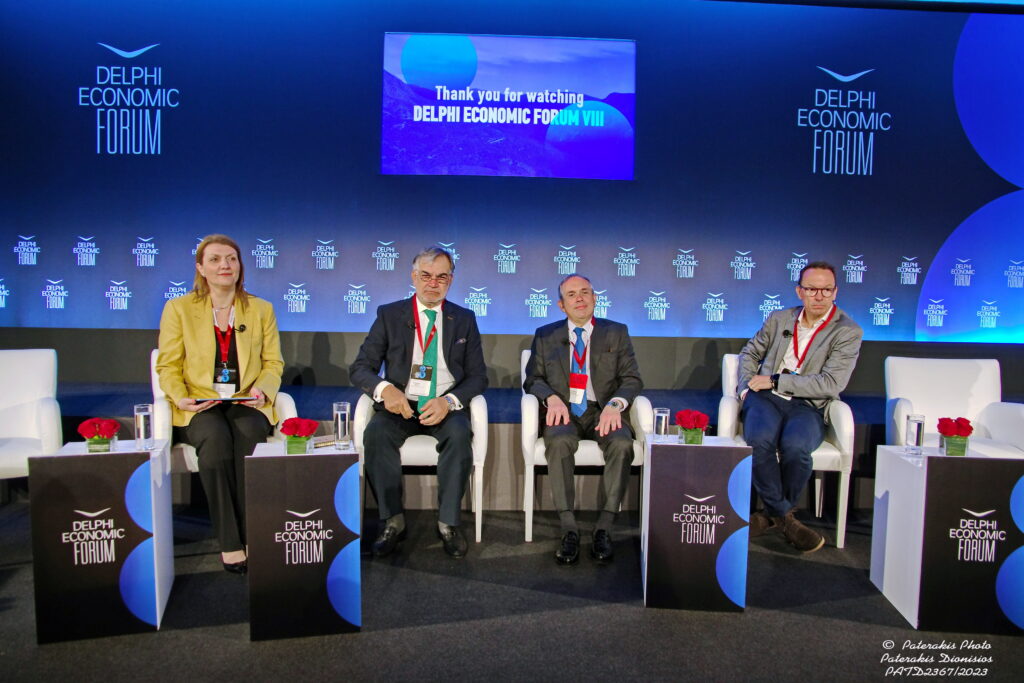
“The Greek shipping community is committed to the goal of decarbonizing shipping, and supports global rules based on sustainable and fit-for-purpose solutions,” stressed Dimitrios Fafalios, Secretary of the Hellenic Shipowners’ Association, President of Fafalios Shipping, and President of INTERCARGO, speaking at a discussion organized in the context of the 8th Delphi Economic Forum.
“Global regulations are needed to avoid distortion of competition. The shipping industry will fully embrace the new technologies available, while there must also be a balance between efficiency and decarbonization,” noted Mr. Fafalios. He added, “It is vital to restore safety as the guiding principle for all environmental regulations. Alternative fuels and technologies, which are not yet available, should be safe, seaworthy, and available globally in sufficient quantities. These new tools must be provided by other stakeholders outside of shipping. In any case, it is not possible to protect the environment without protecting safety at sea, crew safety, ship safety, and fuel safety.”
Regarding current issues, such as how the shipping industry can transition to an era of low or zero pollution faster and whether it is prepared for such a change, Despina Panagiotou-Theodosiou, Director and Consultant of Tototheo Maritime in Greece, highlighted the importance of having the appropriate tools for this transition.
In his presentation, Jan Dieleman, President of Cargill Ocean Transportation at Cargill International SA, emphasized that reducing pollution is a complex process with several challenges. He noted that the industry can influence some factors but not others, such as natural phenomena and geopolitical developments. Therefore, attention should be focused on factors that can be influenced.
“To reach the goal of zero pollution, it is not a question of willingness but of available tools. In order to achieve this, there will have to be a shift in the company’s goals that requires an investment of money, but also an institutional framework that supports this shift,” he said. He added that transparency in procedures and standardization of procedures would help, and shipping companies should focus on the most productive recipe for achieving pollution reduction, as they are commercial entities.
Filippos Philis, President, and CEO of Lemissoler Navigation Co Ltd, noted that the transition to greener shipping is expensive. Most companies are small and medium-sized and need the guidance of a properly organized institutional framework that facilitates shipowners. To make it easier, he suggested convincing governments that ship managers should bear part of the cost. He concluded that the key to success is the cooperation of all parties involved.
